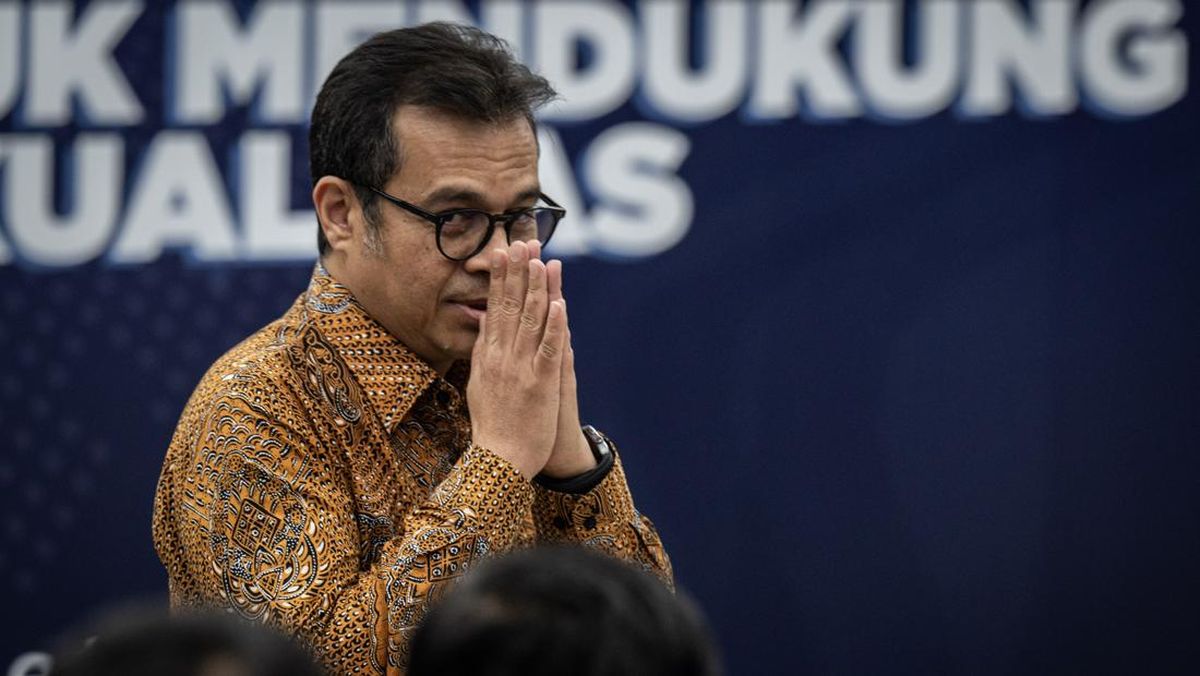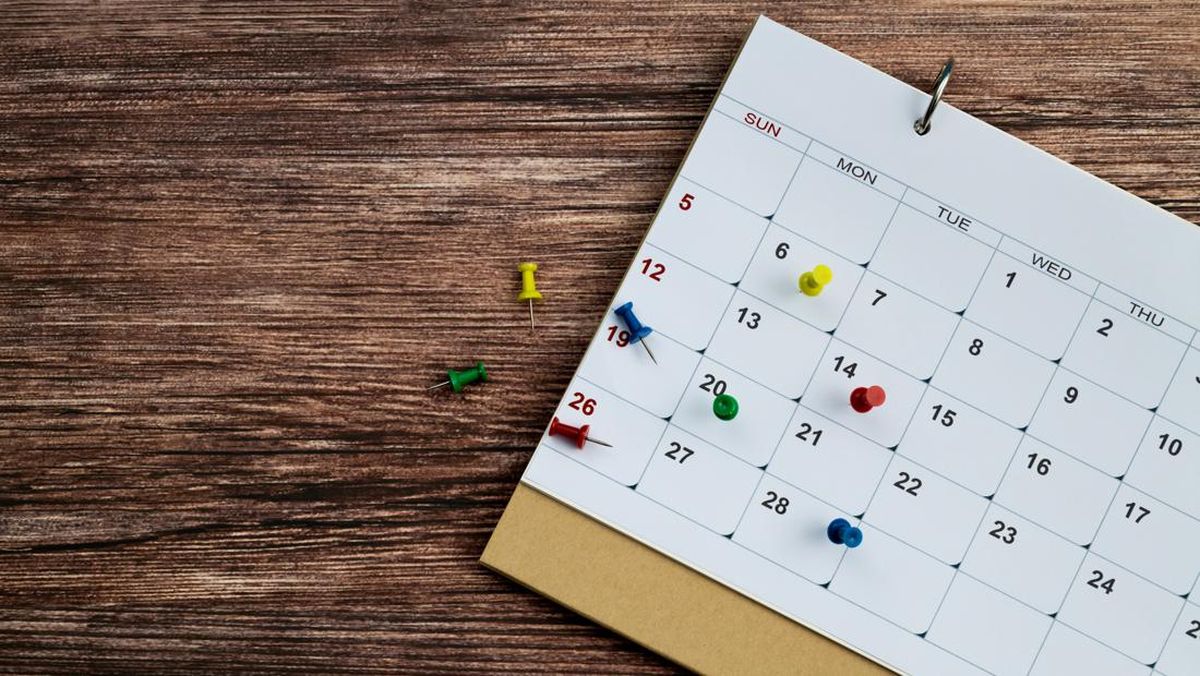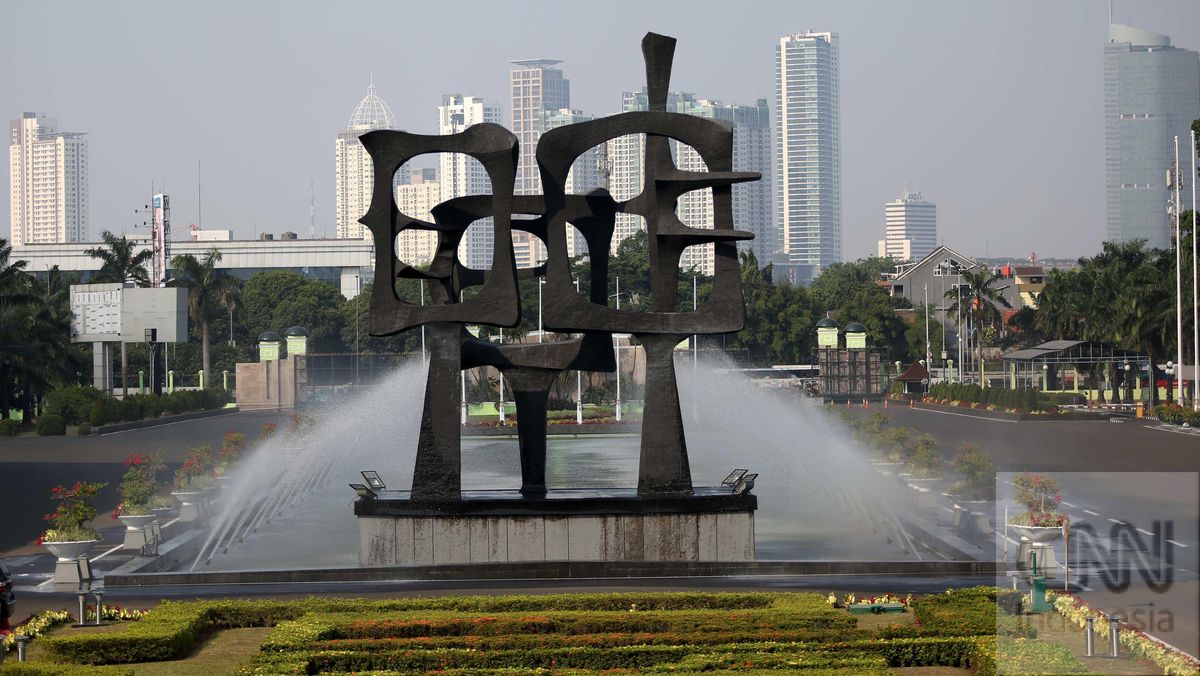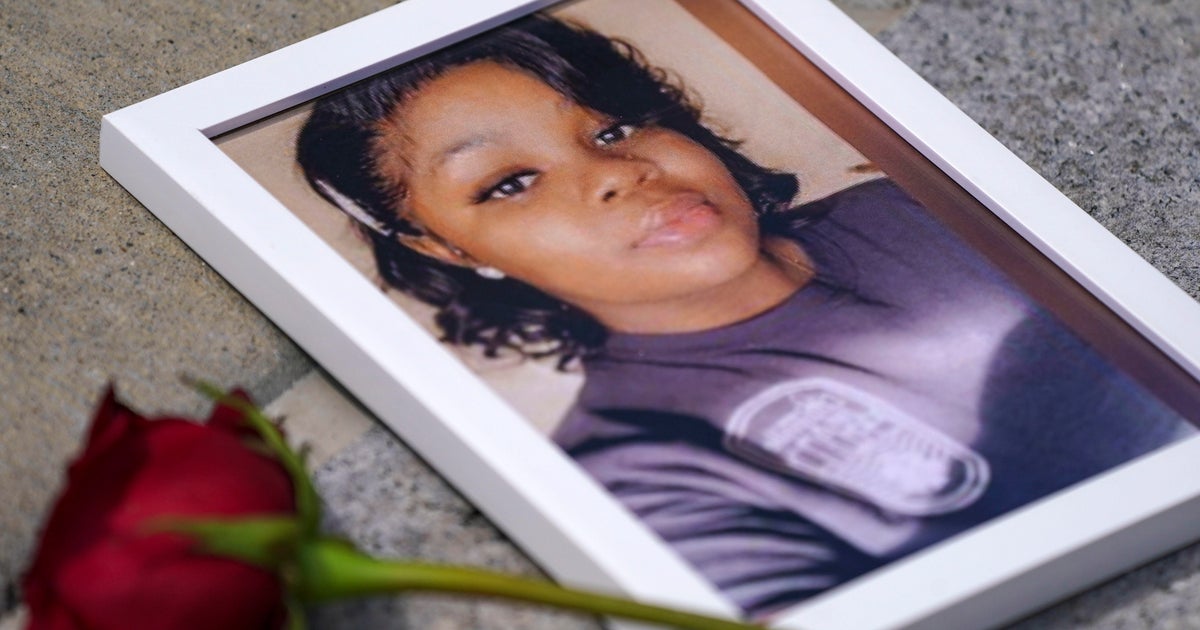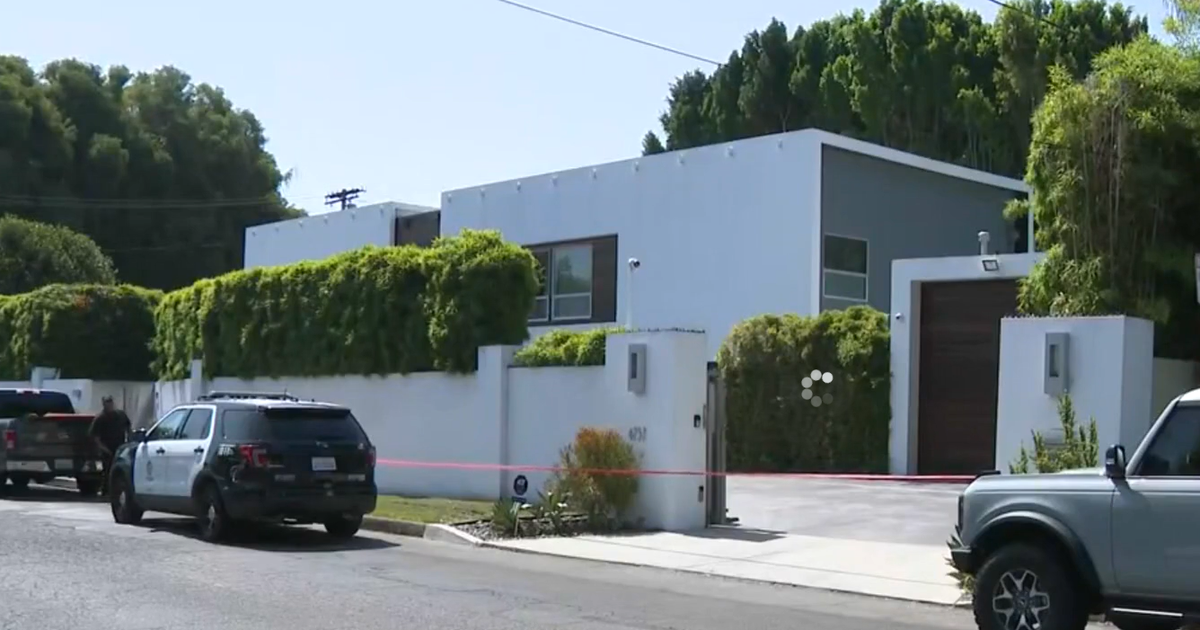The end of a romantic relationship or marriage raises the risk of suicide among some men more than eight-fold, but men often get unhelpful advice at critical moments.
A world-first global data review has found relationship breakdown is a “key risk” in men’s suicide, but when they seek help from male peers, their distress might not be met with useful support.

Michael Collins has had two men in his close-knit group share their experience of suicidal thoughts after relationship breakdowns.Credit: Janie Barrett
Orygen and University of Melbourne research fellow Michael Wilson analysed 75 international studies with a combined cohort of 106 million men and found younger, separated men were at far greater risk of suicide compared with their married peers.
Divorced men generally had 2.8 times greater odds of death by suicide, and also higher rates of attempted suicide than married men.
“Men navigating separation under the age of 35 had nearly nine times the risk of suicide [compared with married peers],” said Wilson, a researcher at the Centre for Youth Mental Health.
One reason that it might be particularly difficult for this group is that, “at this age, that is probably more a time when people are forming and committing to their relationships. It can be particularly challenging if your peers aren’t going through it,” Wilson said.

Michael Wilson said telling men to “get back on the horse” and repartner quickly is not an ideal way to support men in distress after separation.
But when men do reach out, Wilson said they could encounter discomfort, which might leave them feeling ashamed, lonely and isolated – all associated with increased risk of suicide. Advice they receive could fail to aid their adjustment and recovery.
“People often try and get them to move on as quickly as possible and ‘get back out there’, or ‘get back on the horse’,” he said.
Loading
“They lean into the best solution to get that man out of distress which is, ‘How can I get him re-partnered as quickly as possible?’, when [good support] is about sitting with that person, not wanting to move through it immediately.”
Relationship breakups can be “a profound source of growth and positive personal development”, an important and even necessary part of life.
“What this study shows is the importance of healthy adjustment, coping and recovery from relationship breakdown, to ensure suicide does not interrupt a path of positive development that can often begin with a breakup – and this seems especially important for men,” Wilson said.
Chris Stone, chief executive of Suicide Prevention Australia, said the research showed more mental health support was needed for men at the acute end of relationship separation.
Loading
“This is looking at such a big cohort, and with such clear results about clear risk for a particular group – it’s a wake-up call and definitely an indication of where we need to be focusing our efforts … around potential intervention points,” he said.
“It is telling us something we’ve been hearing from people with lived experience. We know this group is at risk and this research gives that solid, worldwide evidence.”
He said men did reach out for support, but when they didn’t get what they needed, they could withdraw. One solution was “about having a better support system … It’s about reaching men where they are.”
The paper, to be published on Friday in the journal, Psychological Bulletin, showed the quality of support offered to men at risk of suicide mattered.
“There’s still a lot of discomfort people can feel in sitting with distress among men, particularly men who are not usually prone to show emotions,” he said.
As well as targeted interventions for young men after separation, the paper found education was needed for boys and men in healthy ways of dealing with rejection and the end of relationships, and in how to help others.
Australian Bureau of Statistics data shows suicide is the leading cause of death in men aged 15 to 49, and of more than 3000 lives lost in Australia to suicide each year, 75 per cent are men.
In 2023, 2419 men died by suicide (18 per 100,000) compared with 795 women (5.8 per 100,000), and the breakdown of intimate relationships was a risk factor in one in three suicides in men aged 25-44.
Michael Collins, from the national men’s organisation, The Men’s Table, has men in his close-knit group who have had suicidal thoughts after relationships ended, and he said men in such situations were often offered cliche advice – despite good intentions.
“The old story with men [who are suffering] is the platitude of ‘you’ll be right, mate’, the ‘harden up and take some man pills’ … where we’re heading with The Men’s Table is a space where men can have hard conversations and feel the care and support of a group of trusted men,” he said.

Michael Collins says men can be encouraged to feel more confident about expressing and hearing emotional distress with practice.Credit: Janie Barrett
Men still felt talking about their emotions, even to friends, might weigh on them: “It’s to do with this traditional idea of I won’t burden you with my problems; I don’t think women say that to each other, but men see themselves as not wanting to be a burden,” he said.
“I’ve had two men who’ve expressed suicidal ideation in the midst of relationship breakdown or divorce, but I’ve also seen them feel free to talk about that,” Collins said.
“I also notice for some guys at our table, that was uncomfortable. But for some … there was an ability to step towards, rather than step back from it, which takes some practice and confidence.”
The Men’s Table is a national network of 250 tables of 12 men who meet over a simple meal once a month and share the highs and lows of life in a non-clinical way.
Collins said he has heard from those in the legal system that men navigating separation and divorce have relatively few avenues for mental health support.
Michael Wilson agreed: “There has been a blind spot in supporting men’s mental health in the context of breakups: little understanding of what is good peer support and suicide prevention, based on what good peer support looks like.”
Crisis support is available from Lifeline 13 11 14.
Start the day with a summary of the day’s most important and interesting stories, analysis and insights. Sign up for our Morning Edition newsletter.
Most Viewed in National
Loading


